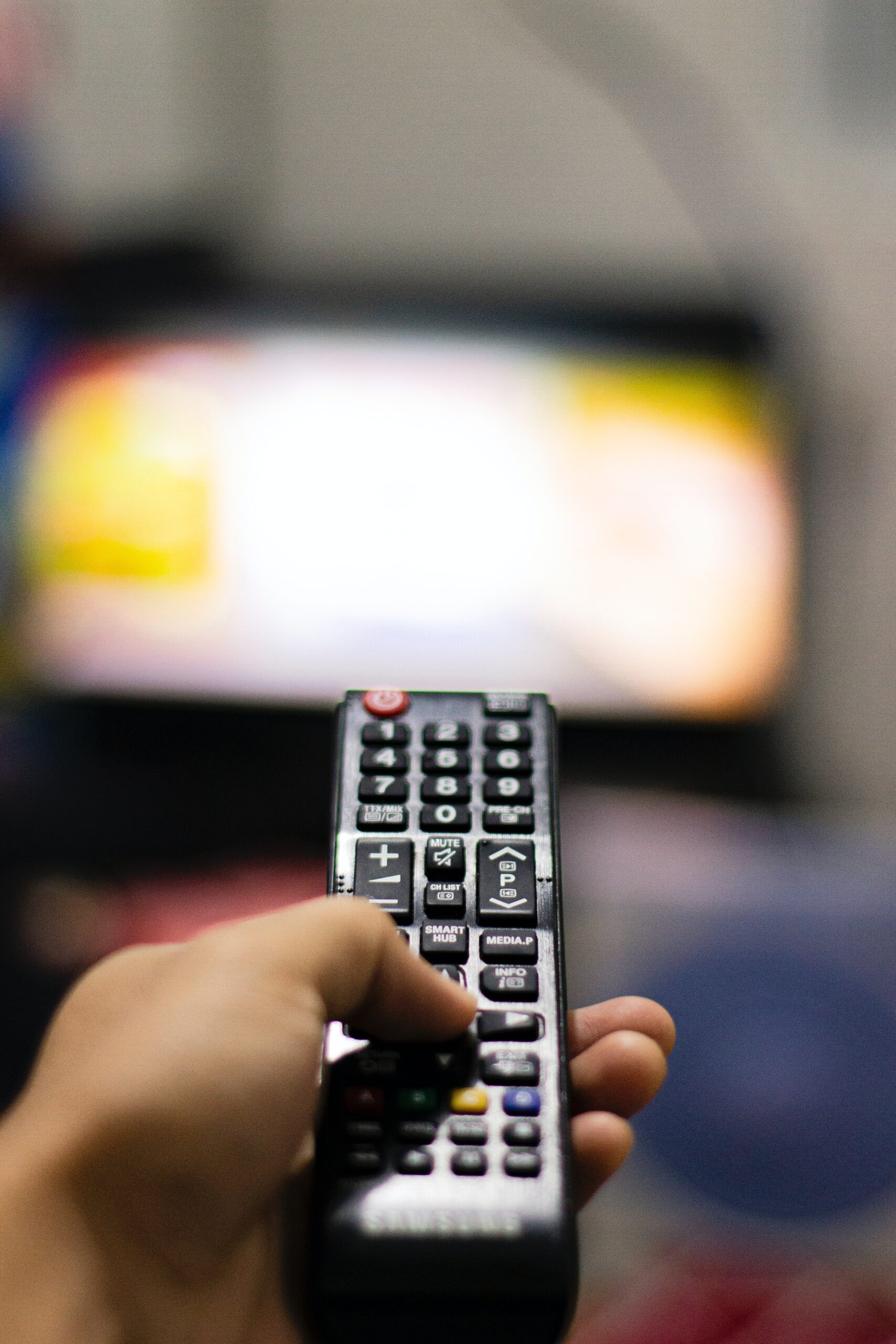The effects of screen time on sleep have become a growing concern in recent years, as the use of electronic devices continues to rise. The blue light emitted by these devices has been shown to interfere with our circadian rhythm and disrupt the quality of our sleep. In this blog post, we will explore the effects of screen time on sleep and what we can do to minimize these effects.
One of the main ways that screen time affects sleep is through the blue light it emits. Blue light is a type of light that has a high frequency and short wavelength, which makes it particularly disruptive to our sleep patterns. This is because blue light tricks our brain into thinking it is daylight, suppressing the production of melatonin, the hormone responsible for regulating our sleep-wake cycle. This can make it more difficult to fall asleep and stay asleep, leading to sleep deprivation and fatigue.
The effects of screen time on sleep are particularly pronounced in children and adolescents, who are more sensitive to the disruptive effects of blue light. Studies have shown that excessive screen time can lead to poor sleep quality and sleep deprivation in children and adolescents, which can have negative impacts on their overall health, development, and well-being.
Another way that screen time affects sleep is through the content we consume. Many people use electronic devices to watch television or play video games before bed, which can be stimulating and interfere with our ability to fall asleep. Additionally, the use of social media and other applications can be stressful and increase anxiety levels, making it even more difficult to fall asleep.
So what can we do to minimize the effects of screen time on sleep? One of the most effective strategies is to limit exposure to blue light in the evenings. This can be done by using blue light filters on electronic devices, such as smartphones and laptops, or by wearing special glasses that block blue light. Additionally, avoiding screens for at least an hour before bed can help to reduce exposure to blue light and promote better sleep.
Another strategy is to create a relaxing sleep environment. This might include turning off electronic devices, reading a book, or practicing deep breathing or meditation. Engaging in these activities can help to calm the mind and reduce stress levels, making it easier to fall asleep and stay asleep.
It is also important to establish a consistent sleep schedule and stick to it as much as possible. This means going to bed and waking up at the same time every day, even on weekends. Establishing a consistent sleep schedule can help to regulate our circadian rhythm and improve the quality of our sleep.
In conclusion, the effects of screen time on sleep are significant and should not be ignored. Excessive exposure to blue light and stimulating content can interfere with our sleep patterns and lead to sleep deprivation and fatigue. By limiting exposure to blue light, creating a relaxing sleep environment, and establishing a consistent sleep schedule, we can minimize the effects of screen time on sleep and promote better health and well-being.
Sources:
- American Psychological Association. (2017). The Benefits of Sleep. Retrieved from https://www.apa.org/helpcenter/sleep.aspx
- American Sleep Association. (2021). Sleep and Children. Retrieved from https://www.sleepassociation.org/patients-general/sleep-and-children/
- Harvard Health Publishing. (2021). Blue light has a dark side. Retrieved from https://www.health.harvard.edu/staying-healthy/blue-light-has-a-dark-side.
